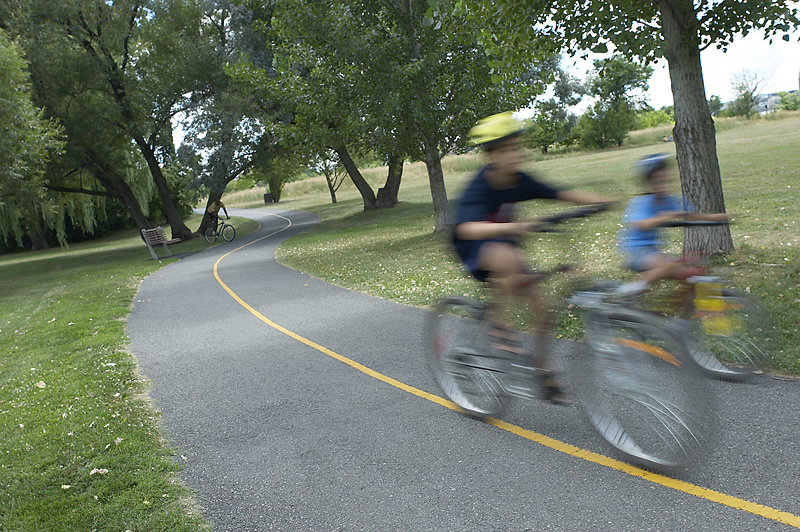FRIDAY, Dec. 11, 2015 (HealthDay News) — Seeing other people drink or use drugs can trigger antisocial behavior in kids, a new study suggests.
Duke University researchers used cellphones to survey about 150 children between the ages of 11 and 15 three times a day for 30 days. The study participants completed more than 90 percent of the surveys.
On days when they saw others drink alcohol or use drugs, participants were two times more likely to engage in behaviors such as stealing, damaging property, or hitting or hurting someone.
But those with a “risk-taking” gene associated with sensitivity to substance-use exposure were six times more likely to commit such acts, according to the study published online Dec. 9 in the journal Development and Psychopathology.
“Past research has shown that children who grow up in families, schools and neighborhoods where alcohol and drugs are frequently used are at risk for behavioral problems later in life, but our findings demonstrate that these effects are immediate,” study co-author Candice Odgers said in a university news release. Odgers is an associate professor in Duke’s School of Public Policy and associate director of the Center for Child and Family Policy.
Study lead author Michael Russell, added, “Our findings support the idea that situations where others are using alcohol or drugs may serve as ‘triggering contexts’ for adolescents’ problem behavior and that some youth, by virtue of their genetics, appear more sensitive to these environmental risks than others.”
Russell, currently a research associate at the Penn State Methodology Center, conducted the study while a research associate at the Duke Center for Child and Family Policy.
“These findings provide another piece of evidence supporting the need to protect young adolescents from exposure to substances,” Odgers said.
“A series of studies has shown that consuming alcohol before age 15 predicts a wide range of later problems including substance dependency, involvement in criminal behavior and health problems. Our findings suggest that we may also need to prevent exposure to others using substances during this period,” she concluded.
More information
The U.S. National Institutes of Health has more about teen behavior.
Copyright © 2024 HealthDay. All rights reserved.

